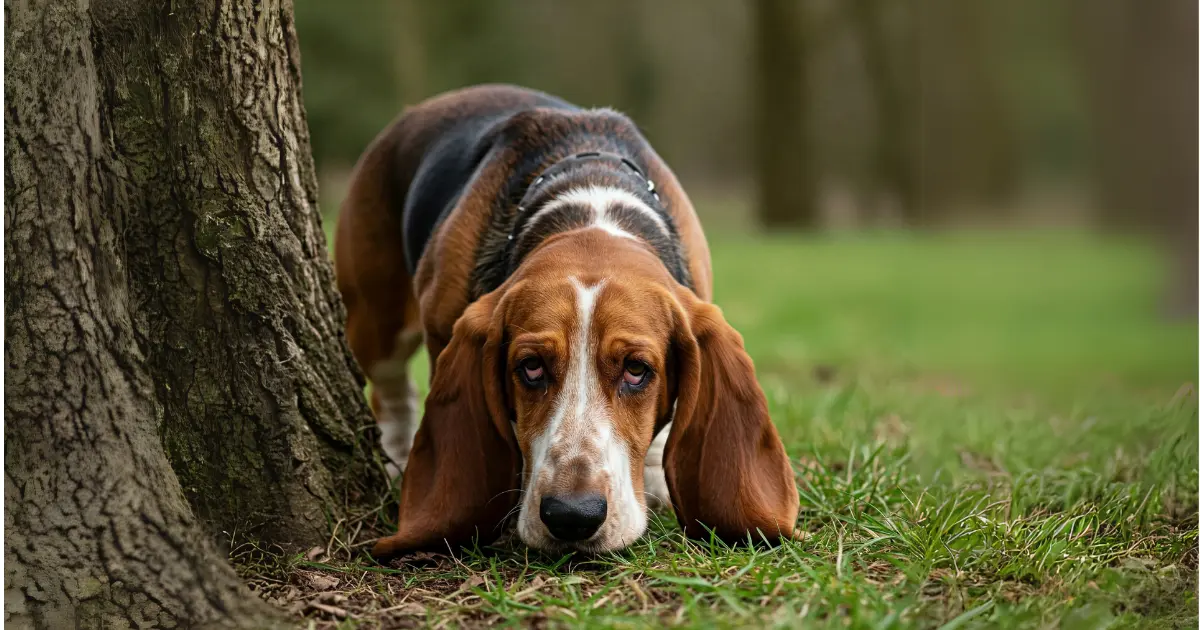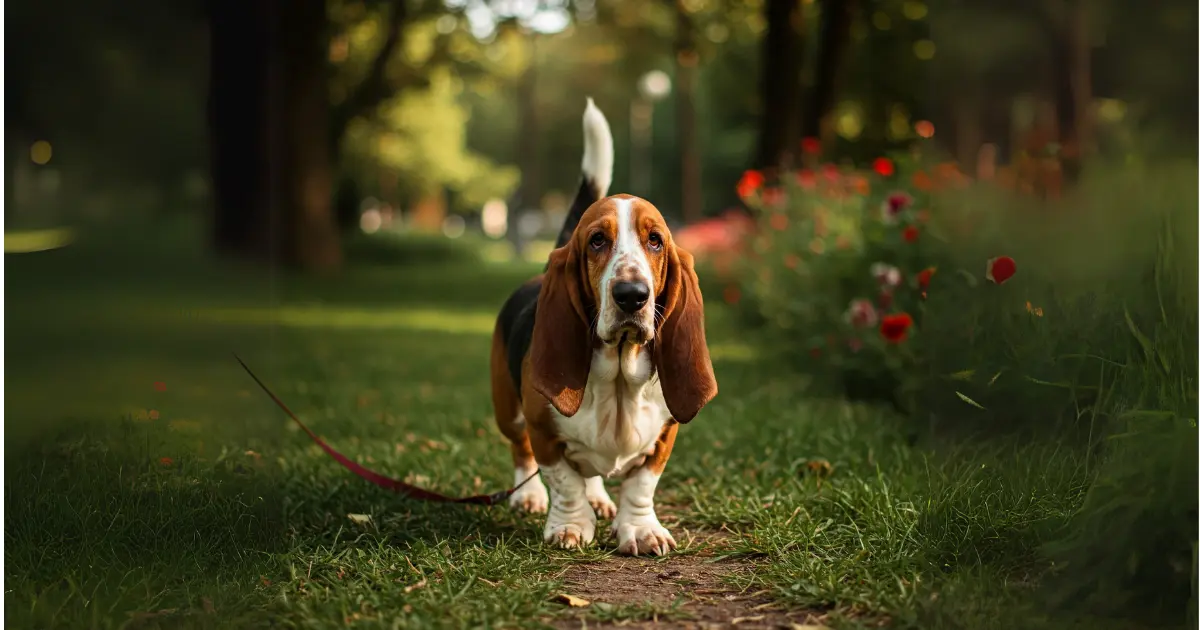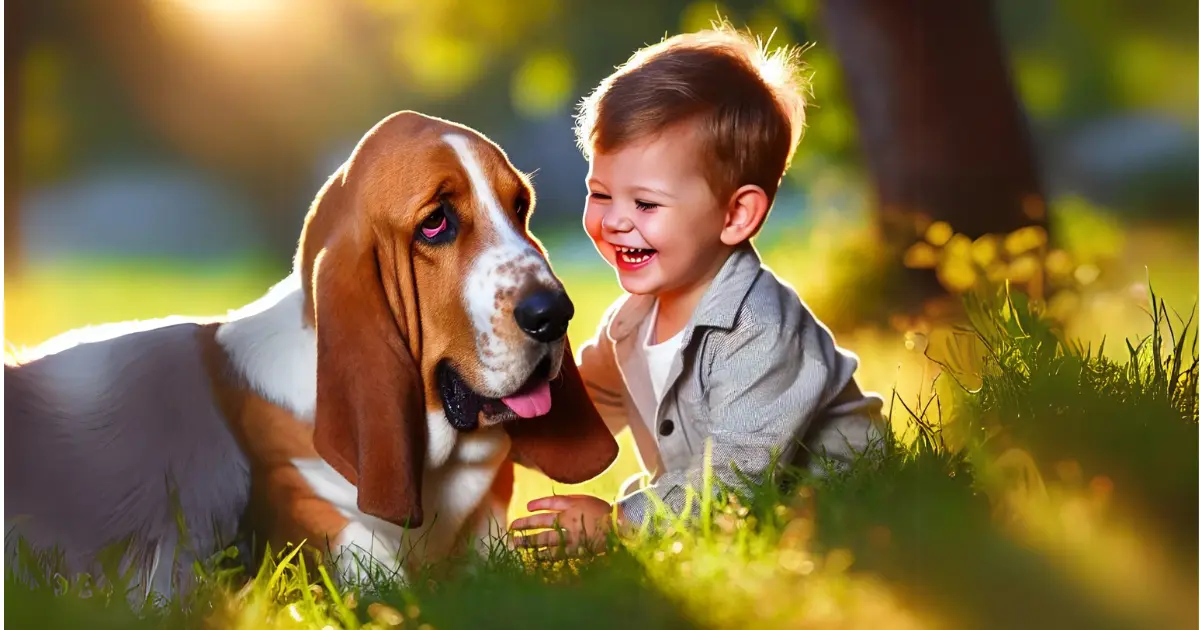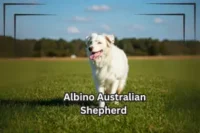Everything You Need to Know About the European Basset Hound
Published: 19 Feb 2025
Are you thinking about bringing a European Basset Hound into your life? Or are you just curious about this charming breed? Whether you’re considering adopting one or want to understand what makes these dogs unique, you’ve landed in the right place. Here, we’ll dive deeply into everything from their adorable physical features to their loving, sometimes stubborn personalities and how to care for them. Let’s jump in!

Table of Contents
What is the European Basset Hound?
If you’re familiar with the typical Basset Hound, what’s the difference between the European Basset Hound and its American counterpart? Though they share similar roots, these dogs have distinct characteristics that set them apart. European Basset Hounds were originally bred in France and Belgium to track scents over long distances, often chasing small game-like rabbits. Unlike their American cousins, these dogs are more agile, with a leaner physique and sharper features.
While their American European Basset Hound cousins might be more laid-back, the European variety is a bit more energetic, though still calm overall. If you’re looking for a more sleek and refined dog, the European Basset Hound might be the better choice. But what is one thing they both have in common? A heart full of love for their families.

Quick Facts:
- Origin: France & Belgium
- Breed Type: Hound
- Height: 12-15 inches
- Weight: 40-60 pounds
- Purpose: Tracking scents, originally for hunting small game.
Distinctive Physical Features
It’s hard to look away when you see a European Basset Hound. Their unmistakable features—like their large, drooping ears and sad, soulful eyes—make them one of the most recognizable breeds. Their looks aren’t just about being adorable—those long ears are their secret weapon, helping them catch every subtle scent in the air like they’re tuned in to the world around them in a way we can’t even imagine.
- Size and Build: These dogs are typically medium-sized, standing between 12-15 inches tall and weighing around 40-60 pounds. They may be short, but they’re built for stamina, with surprisingly good agility despite their stout frame.
- Coat: Their short, sleek coats come in common tri-colour patterns (black, tan, and white) or bi-coloured shades. They’re relatively low-maintenance in grooming—just a weekly brush is enough to keep them looking tidy.
- Eyes and Ears: Their large, dark eyes have a deeply expressive look, and those long, floppy ears aren’t just cute—they help track scents by funnelling smells toward their sensitive noses.
Pro Tip: When brushing your Basset’s coat, it’s a great time to check for any skin irritations, especially under those droopy ears!

Temperament and Personality
The European Basset Hound is a perfect choice if you’re looking for a dog that will be your best friend for life. These dogs are calm and loving and adore human companionship. While they can be a bit independent (stubbornness runs deep in their breed!), they’re also extremely affectionate and often crave attention. Here’s a closer look at their personality:
- Loyal and Affectionate: If you’ve ever had a Basset Hound around, you know that they bond with their families deeply. They’ll follow you from room to room and seek out your company. They’re incredibly loyal and always want to be by your side.
- Patient and Great with Kids: Basset Hounds are known for being fantastic with children. Their gentle nature means they’re happy to sit with the little ones or join in on some playtime. Just be sure to teach kids to respect their long ears!
- Independent (and Sometimes Stubborn): Training a European Basset Hound can be tricky because of their independence. They’ll happily follow their nose, even when you call them back. With a little patience and steady training, they’ll catch on to basic commands in no time.
Training Tip: Use positive reinforcement—praise and treats go a long way. They’ll happily work for a tasty reward, so keep training sessions short, sweet, and focused on fun.
Health and Maintenance
Like all dogs, Basset Hounds have their health quirks. They are generally healthy, but a few issues pop up more frequently in this breed. Here’s what to keep in mind to keep your Basset happy and healthy:
Common Health Concerns:
- Hip Dysplasia: Due to their sturdy build, Basset Hounds are prone to hip dysplasia, which affects the joints. Regular vet visits and keeping a healthy weight can help control this.
- Ear Infections: Those long ears can trap moisture, increasing the risk of infections. So regular vet visits are important to stop this.
- Obesity: Basset Hounds love food; if you’re not careful, they can put on extra pounds. For more general dog care tips on maintaining a healthy weight and lifestyle, check out our Dog Care Tips. Keep an eye on their diet and ensure they get good exercise to stay at a healthy weight.
Grooming Tip: a little extra care when cleaning their ears—especially after walks or baths—can prevent issues before they start. Be sure to dry them out completely to avoid moisture buildup.
Training and Socialization
Training a European Basset Hound can be a rewarding experience, but it requires patience. Training a European Basset Hound can be a rewarding experience, but it requires patience. For more tips on training your dog, read our Dog Training Tips. While smart, their strong, independent nature means they often need time to understand what’s expected. Socialization is equally important, especially with puppies. Exposing your Basset to new people, environments, and other pets early on helps them become well-adjusted, confident adults.
- Training: Keep training sessions positive and brief. I’ve found that Basset Hounds do best when they’re not overwhelmed. Treats and praise motivate them; before you know it, they’ll learn commands like a pro.
- Socialization: Start introducing your puppy to other animals, sounds, and places as early as possible. The more they experience, the more confident they’ll be when faced with new situations as adults.
Pro Tip: Take your Basset to a puppy class. It’s a great way to ensure they grow up well-mannered, especially around other dogs and people.

Living with a European Basset Hound
These dogs are a joy to live with but require a fair amount of attention. If you’re gone for long periods, consider a dog walker or having a friend visit. Basset Hounds are very people-oriented and prefer not to be alone for too long.
- Living Environment: These dogs will adapt whether you live in an apartment or a house. However, they do best when they’re not isolated for hours. They love cuddling and simply being near you.
- Interaction: They’ll happily join you on the couch or follow you from room to room. Basset Hounds are natural companions, always seeking affection and bonding with their owners.
Tip: If you’re often out and about, schedule extra playtime with your Basset to ensure they stay active and happy.
American vs. European Basset Hounds: What’s the Difference?
| Feature | European Basset Hound | American Basset Hound |
|---|---|---|
| Body Type | Leaner and more athletic | Bulkier and sturdier |
| Personality | More active and energetic | Laid-back and relaxed |
| Ideal Companion for | Those seeking an energetic, adventure-ready dog | Those looking for a calm, sturdy friend |
| Activity Level | Higher energy, enjoys more exercise | More laid-back, prefers relaxation |
Conclusion
The European Basset Hound is a sweet, affectionate, and sometimes stubborn breed that thrives on human companionship. They may require extra care, especially regarding their ears and weight, but they are true and loving companions. If you’ve got the patience for their independent streak and the time to give them attention, they’ll reward you with years of affection and fun. For more tips on canine health and how to keep your dog in optimal shape, check out PetMD’s Guide to Dog Health for expert advice.”
FAQs
How long do European Basset Hounds live?
Typically, European Basset Hounds live 10-12 years, though many can live even longer with proper care.
Are they good for first-time owners?
Yes! They’re loving, relatively low-maintenance, and make excellent companions for first-time dog owners, though training requires patience.
How much exercise do they need?
Basset Hounds require moderate exercise. A daily walk of around 30 minutes and some playtime should be enough to keep them healthy and content.
Do European Basset Hounds like swimming?
Although not natural swimmers, European Basset Hounds may enjoy dipping their paws in shallow water during walks. They’re more likely to wade or play around water than dive in.
Why do European Basset Hounds snore so much?
Snoring is common in Basset Hounds because of their unique facial structure, including long, drooping skin around their face and throat. Their relaxed, deep breathing can make snoring more noticeable, especially when they sleep soundly.
Are European Basset Hounds good at alerting owners of intruders?
While not aggressive, they can be very observant and tend to alert their owners if something unusual happens. Their alertness, combined with their deep bark, makes them capable of warning you about new arrivals.
Can European Basset Hounds coexist with cats?
Yes, with proper introduction and training, these dogs can get along well with cats. Their easygoing nature usually means they won’t chase or bother cats, though early exposure helps establish mutual respect.
How do European Basset Hounds express their needs?
These dogs communicate in several ways, including soft vocalizations like whines and whimpers. They also use body language—like wagging their tails or giving subtle nudges—to indicate when they want attention or playtime.

- Be Respectful
- Stay Relevant
- Stay Positive
- True Feedback
- Encourage Discussion
- Avoid Spamming
- No Fake News
- Don't Copy-Paste
- No Personal Attacks



- Be Respectful
- Stay Relevant
- Stay Positive
- True Feedback
- Encourage Discussion
- Avoid Spamming
- No Fake News
- Don't Copy-Paste
- No Personal Attacks





